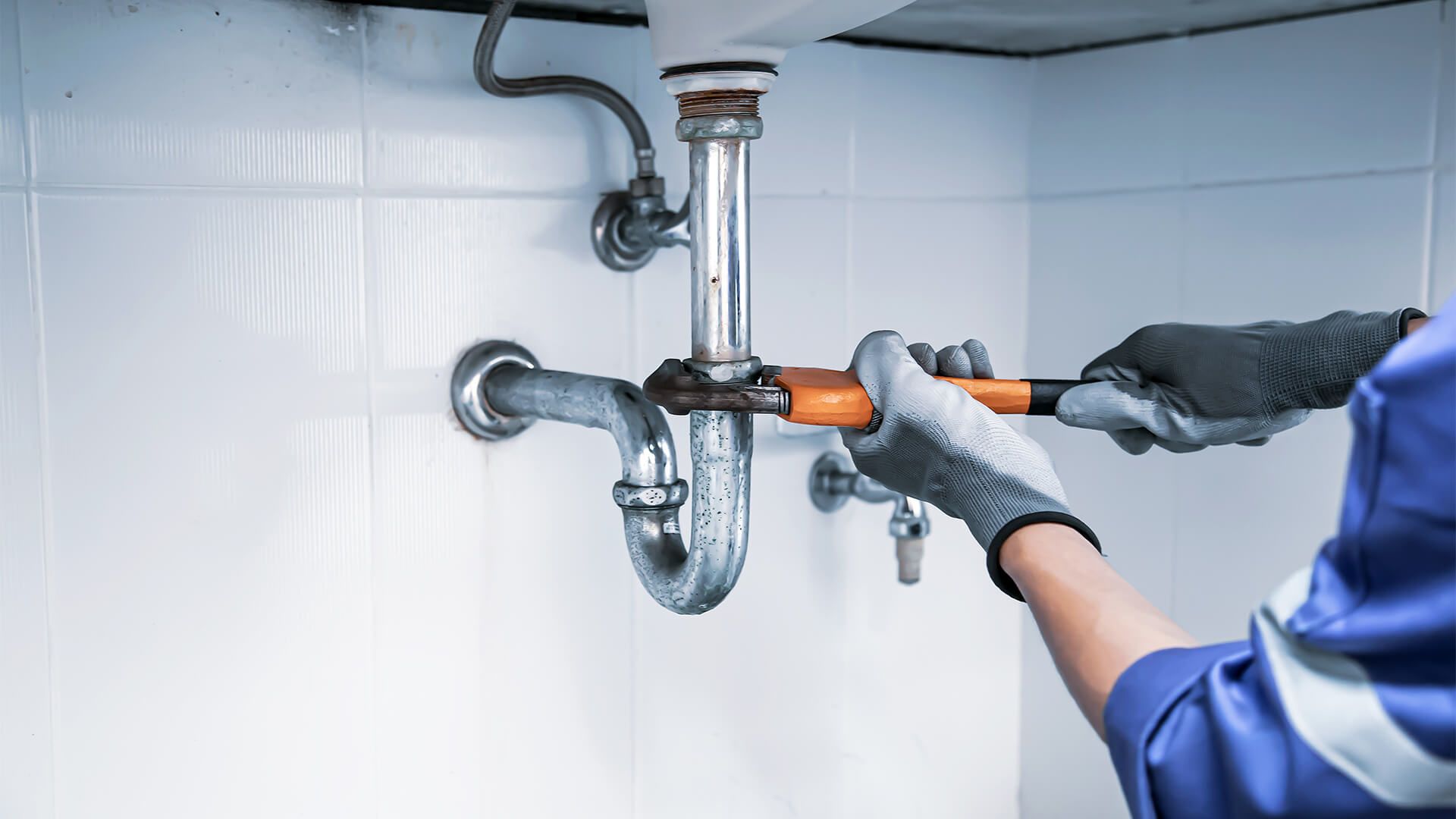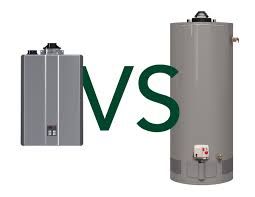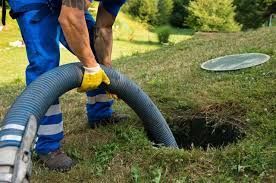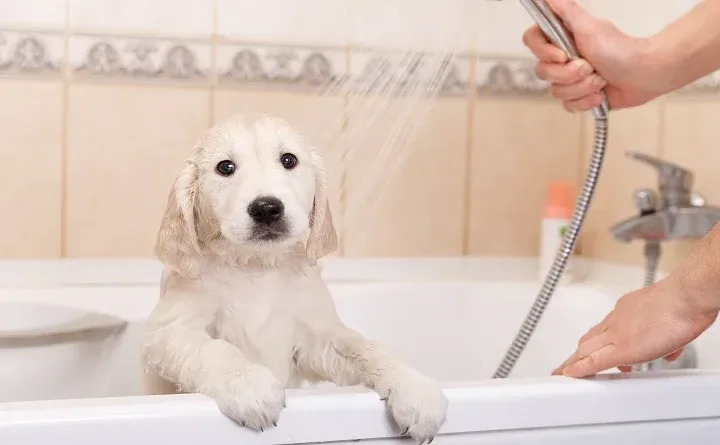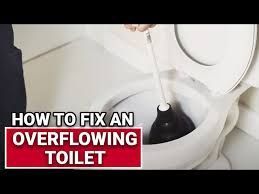How Do You Tell if Your Sewer Line is Collapsed?
Most homeowners don’t give much thought to their sewer lines—until something goes wrong. Unlike a clogged drain or a slow flush, a collapsed sewer line is a serious issue that can disrupt your entire plumbing system. If left unaddressed, it can lead to extensive property damage, health hazards, and costly repairs. Recognizing the warning signs early can save you from major headaches down the road. But how do you tell if your sewer line has collapsed? This guide will walk you through the symptoms, causes, solutions, and preventive measures to help you manage the situation effectively.
Common Warning Signs of a Collapsed Sewer Line
Persistent Drainage Issues Throughout the House
A single clogged drain is usually no cause for alarm. However, if multiple drains in your home are slow to empty or completely blocked, it could indicate a serious issue deeper in the sewer line. This is especially true if plunging or drain cleaners don’t seem to help.
Unpleasant Odors Coming from Drains or Yard
A collapsed sewer line can cause sewage to leak into your yard or back up into your home, resulting in foul smells. If you detect a persistent sewage odor inside or outside your house, it’s a red flag that your sewer system may be compromised.
Soggy or Sunken Areas in the Yard
If a portion of your yard appears to be wetter than usual or has developed an unexplained dip, it could mean that wastewater is leaking from a broken sewer pipe underground. Over time, this leakage can erode the surrounding soil, leading to sinkholes or foundation problems.
Frequent Toilet Backups and Gurgling Sounds
A collapsed sewer line obstructs normal water flow, which can cause toilets to frequently back up or make gurgling noises. If flushing your toilet results in water rising in other drains, such as your bathtub or sink, the problem likely lies in the main sewer line.
Pest Infestations Increasing Suddenly
Rodents and insects are naturally attracted to leaking sewage. If you notice an unusual increase in pests around your home, they may be drawn to a break in your sewer line. This is especially concerning since these pests can carry diseases and cause additional damage.
What Causes a Sewer Line to Collapse?
Aging and Deteriorating Pipes
Older homes often have sewer lines made of clay, cast iron, or Orangeburg (a type of fiber conduit) that deteriorate over time. These materials weaken with age, making them more susceptible to collapsing under pressure.
Tree Root Invasion
Tree roots naturally seek moisture, and if they find their way into a small crack in your sewer pipe, they can grow rapidly, blocking or even breaking the pipe completely. Root intrusion is one of the leading causes of sewer line failure.
Soil Shifting and Ground Movement
Erosion, heavy rains, and seismic activity can shift the ground around your sewer lines, causing them to crack or collapse. Even construction work in the area can create enough disturbance to damage underground pipes.
Heavy Loads and Physical Damage
Driving heavy vehicles over a sewer line or placing large structures above it can cause pipes to collapse due to excessive pressure. Sewer lines are designed to handle the weight of the soil above them but can fail under additional load.
Steps to Confirm a Collapsed Sewer Line
Conduct a Visual Inspection
Start by checking for the signs mentioned earlier—slow drains, foul smells, yard sinkholes, and increased pest activity. If multiple symptoms are present, a sewer line issue is likely.
Perform a Sewer Camera Inspection
A professional plumber can insert a specialized camera into the sewer line to inspect the interior. This provides a clear view of any breaks, blockages, or collapsed sections.
Check for Water Flow and Pressure Changes
If flushing the toilet causes unusual reactions in other drains, such as water rising in the bathtub or hearing loud gurgling sounds, it suggests a serious blockage in the main line.
Look for Unusual Water Pooling or Mold Growth
Leaks from a broken sewer line can lead to excess moisture in your home, which may cause mold growth or unexplained water pooling in unusual areas.
Risks of Ignoring a Collapsed Sewer Line
Property Damage and Structural Issues
Ignoring a collapsed sewer line can lead to water damage in your home, weakening the foundation and potentially causing severe structural problems.
Health Hazards from Sewage Exposure
Leaking sewage poses a major health risk, exposing your household to bacteria, viruses, and mold. Prolonged exposure can lead to respiratory issues and other serious illnesses.
Skyrocketing Repair Costs
The longer you wait to fix a collapsed sewer line, the worse the damage becomes. A small repair can turn into a complete replacement, costing thousands of dollars more than an early intervention would have.
Repair Options for a Collapsed Sewer Line
Trenchless Sewer Repair
Trenchless methods, such as pipe bursting or pipe lining, allow plumbers to fix the problem without digging up your yard. These methods are faster and less invasive than traditional repairs.
Traditional Sewer Line Replacement
In cases where the damage is extensive, a full sewer line replacement may be necessary. This involves digging up the old pipe and installing a new one, which can be costly and time-consuming but is sometimes the only viable option.
Preventive Measures to Protect Your Sewer Line
Schedule Regular Inspections
Having your sewer line inspected every few years can help detect issues before they escalate. A professional plumber can identify early signs of wear and tear, preventing future collapses.
Be Mindful of What Goes Down the Drain
Avoid flushing non-biodegradable items, grease, and large food particles down your drains. These can accumulate and contribute to blockages that strain the sewer line.
Keep Trees and Shrubs Away from Sewer Lines
If you’re planting trees, ensure they are far away from your sewer lines to prevent root intrusion. If you already have trees nearby, consider regular root maintenance to prevent damage.
Avoid Excessive Ground Pressure
Refrain from driving heavy vehicles or placing large structures over your sewer line. If construction work is necessary, consult with a professional to protect your underground pipes.
Conclusion: Take Action Before It’s Too Late
A collapsed sewer line is a serious issue that requires prompt attention. Recognizing the warning signs early, understanding the causes, and taking preventive steps can save you from costly repairs and major inconveniences. If you suspect your sewer line is failing, don’t hesitate to call a professional plumber for a thorough inspection. The sooner you act, the less damage—and expense—you’ll face in the long run.

